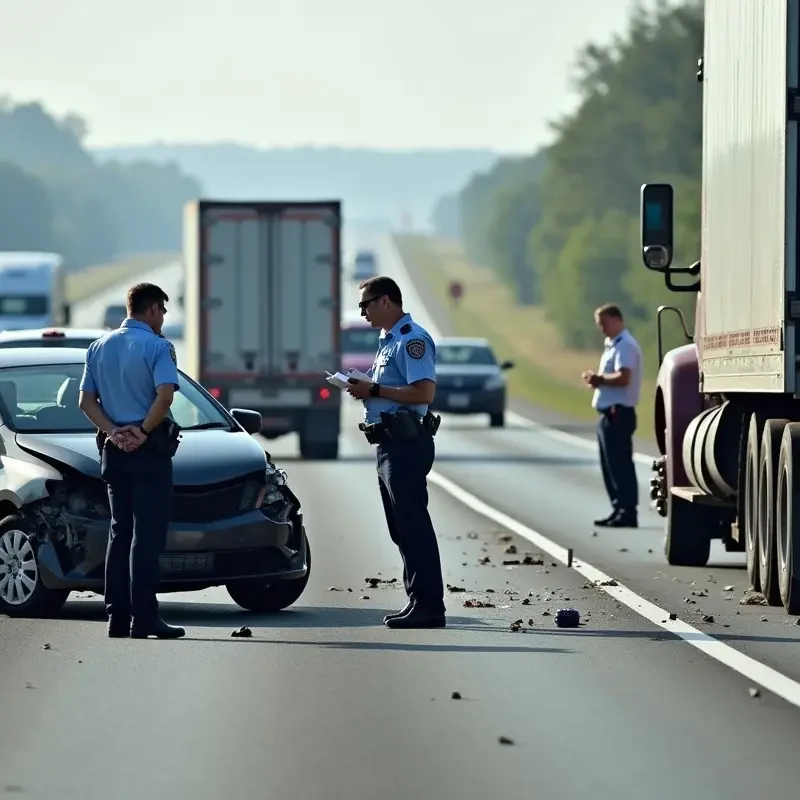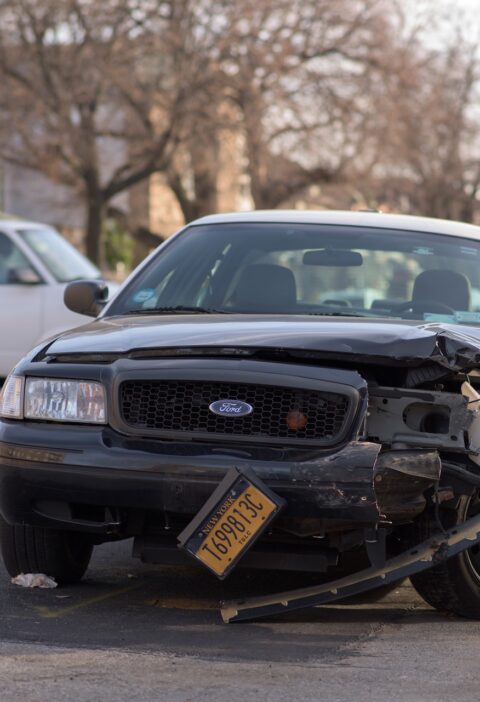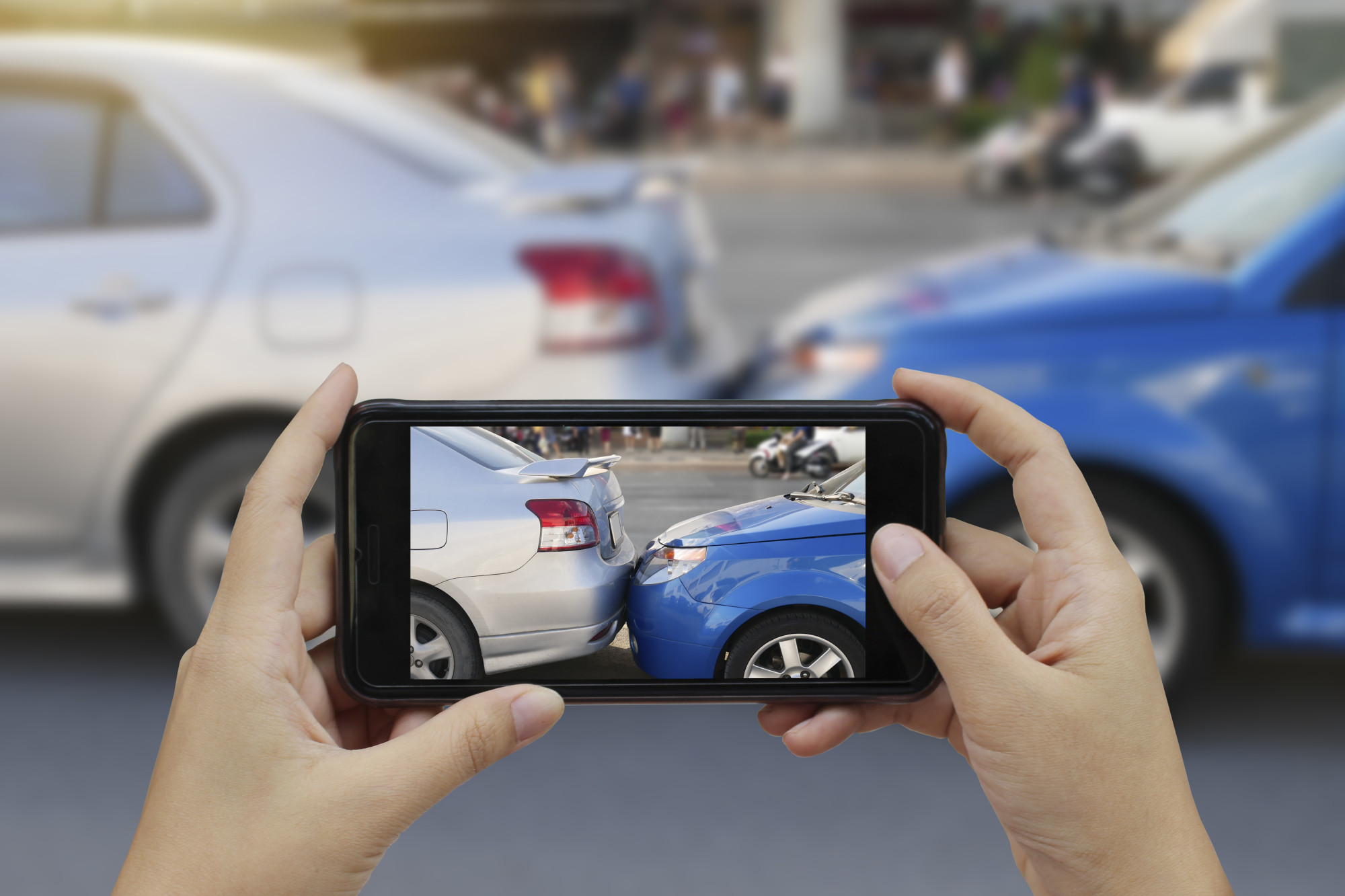Truck accidents are some of the most severe and complex incidents on the road. With the sheer size and weight of these vehicles, even minor collisions can result in significant damage, injuries, or worse. But when such an accident happens, a critical question arises: who is responsible? Determining liability in truck accidents isn’t as straightforward as you might think. Let’s break it down, so you understand the many factors that come into play when figuring out who’s at fault.
The Driver – The Most Obvious Culprit?
When a truck accident occurs, it’s natural to first look at the driver. After all, they’re the one behind the wheel, controlling this massive machine. Driver error is, in fact, one of the most common causes of truck accidents.
Common driver-related factors include:
- Fatigue – Long hours on the road can lead to driver exhaustion, which significantly increases the risk of accidents.
- Speeding – To meet tight deadlines, some drivers might push the speed limits, endangering everyone on the road.
- Impairment – Whether due to alcohol, drugs, or even some prescription medications, impairment can lead to disastrous consequences.
- Distraction – Just like with regular car drivers, distractions like texting, eating, or even fiddling with the radio can lead to fatal errors.
But here’s where things get interesting: while the driver might seem like the clear party to blame, the reality is often more complicated. This is why it makes sense to contact a legal company to determine liability for a truck accident, and from here, you can determine the next best steps for your case.
The Trucking Company – More Than Just an Employer
Beyond the driver, the trucking company plays a significant role in many accidents. They’re responsible for hiring and training drivers, maintaining vehicles, and ensuring compliance with safety regulations. If the company cuts corners, the consequences can be severe.
Ways trucking companies might be liable:
- Negligent Hiring Practices – If a company hires a driver with a poor driving record or insufficient training, they could be held responsible for any accidents that occur.
- Improper Maintenance – Trucks require regular maintenance. If a company skips or skimps on this to save money, resulting mechanical failures could lead to accidents.
- Unrealistic Expectations – Some companies impose unreasonable delivery schedules that encourage drivers to speed, drive while fatigued, or take other dangerous shortcuts.
So, even if the driver’s actions directly caused the accident, the trucking company might still share in the liability due to their role in the broader context of the incident.
Manufacturers and Mechanics – The Hidden Dangers
Sometimes, the cause of a truck accident is neither the driver’s fault nor the trucking company’s negligence. Defective parts or poor maintenance by a third-party mechanic can be the culprits. Trucks are complex machines, and even a small defect in a tire, brake, or steering system can lead to catastrophic results.
Liability might fall on:
Parts Manufacturers – If a truck part fails due to a manufacturing defect, the company that made the part could be liable for the accident.
Mechanics or Maintenance Providers – If a mechanic’s work was subpar or if they missed a critical issue during an inspection, they might be responsible for the resulting accident.
These scenarios add yet another layer of complexity to determining liability, as the responsible party might not have been directly involved in the accident itself.
Cargo Loaders – Overlooked but Crucial
An often-overlooked factor in truck accidents is the way cargo is loaded. Improperly loaded or secured cargo can shift during transit, causing the truck to become unbalanced and difficult to control. This can lead to rollovers, jackknifes, or lost loads—all of which can result in serious accidents.
Responsibility here could lie with:
The Trucking Company – If they handled the loading themselves, they could be liable for any errors.
A Third-Party Loading Company – If the company outsourced the loading to another business, that third party could share in the liability if the loading was done incorrectly.
In these cases, determining who was responsible for the loading and whether it was done correctly is key to figuring out liability.
Shared Liability – When Multiple Parties Are at Fault
What happens when more than one party is responsible? In many truck accidents, liability is shared. For example, a driver might be speeding, but they’re doing so because their employer set an unrealistic delivery deadline. Meanwhile, the truck’s brakes fail because of a manufacturing defect. In such a scenario, the driver, the trucking company, and the parts manufacturer might all share in the liability.
In cases of shared liability, the responsibility for damages is often split based on the degree of fault attributed to each party. This can make legal proceedings more complex, as each party might try to minimize their share of the blame.
Final Thoughts – Understanding the Complexity
Determining liability in truck accidents is a complex process involving many potential parties, from the driver to the manufacturer, and even the company that loaded the cargo. Each case is unique, requiring a thorough investigation to understand all contributing factors.
The key takeaway here? When a truck accident occurs, it’s rarely just about one person or one error. Multiple layers of responsibility often intertwine, making it essential to look beyond the surface to uncover who’s truly at fault. Understanding these complexities not only helps in pursuing justice but also in preventing future accidents by addressing the root causes at every level.







